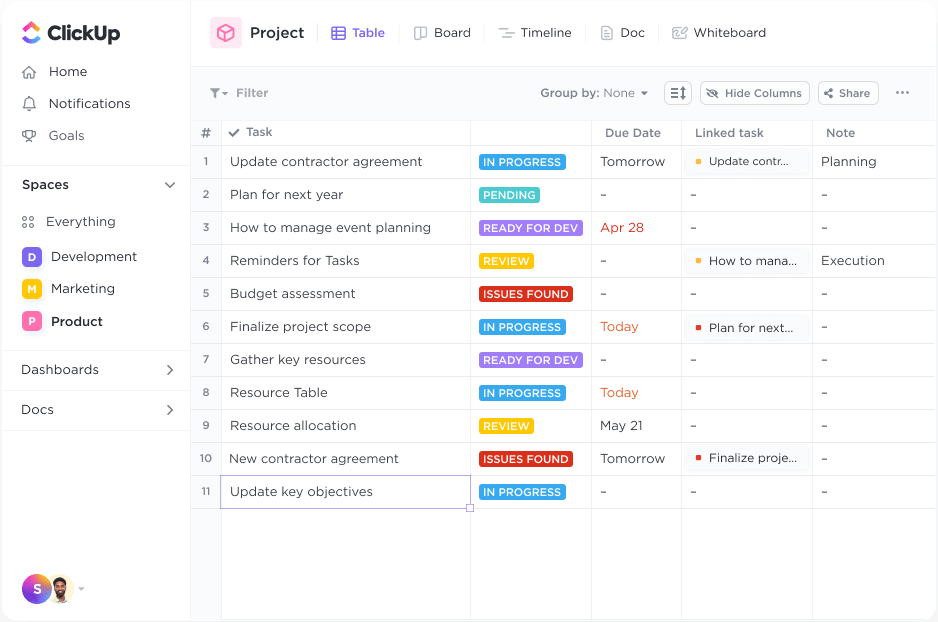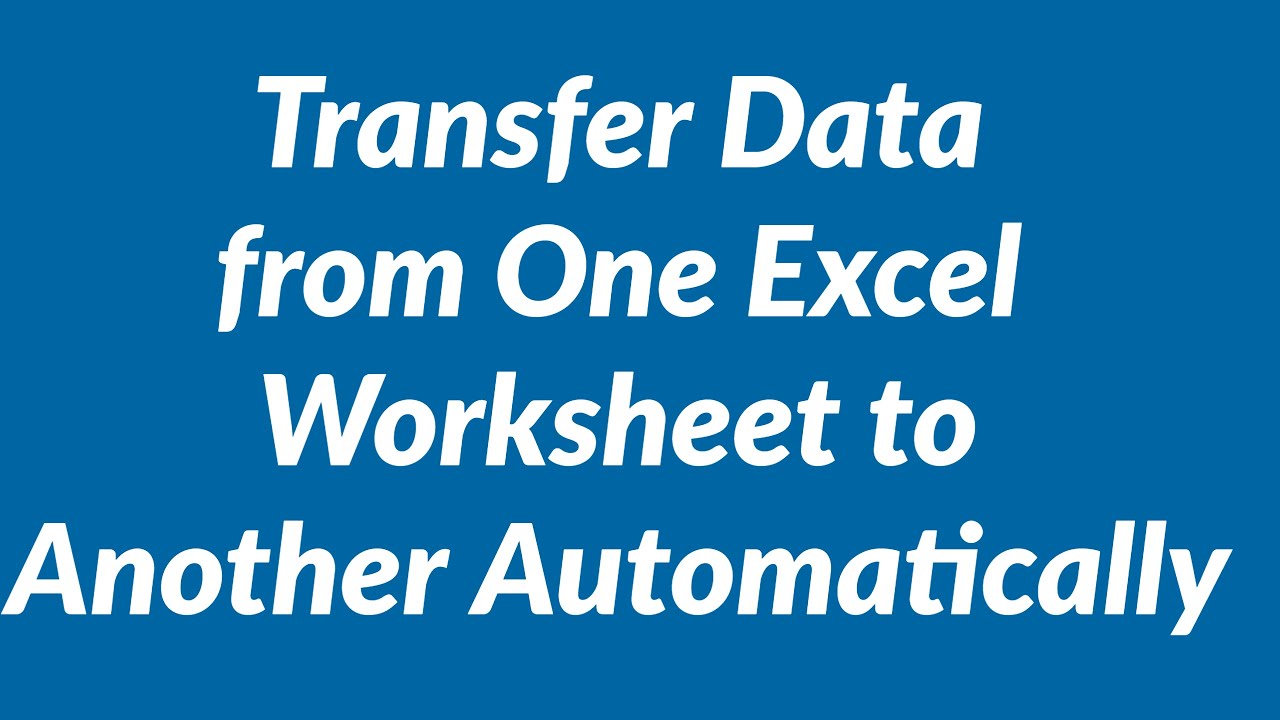5 Easy Tips to Transfer Excel Sheet Data

Excel, Microsoft's robust spreadsheet tool, is essential for many users needing to organize, analyze, and manipulate large datasets. Transferring data between Excel sheets can streamline your workflow, reducing repetitive tasks and enhancing productivity. Here are five straightforward tips to efficiently transfer Excel sheet data, ensuring you get the most out of this powerful software.
Tip 1: Use Copy and Paste

The simplest way to transfer data from one Excel sheet to another is by using the basic copy-paste function:
- Select the Data: Click and drag to highlight the cells you want to transfer.
- Copy: Right-click and choose ‘Copy’ or use the shortcut Ctrl+C (Cmd+C for Mac).
- Paste: Navigate to the destination sheet, right-click where you want to paste the data, and select ‘Paste’ or use Ctrl+V (Cmd+V for Mac).

Tip 2: Leverage the Paste Special Feature

Copy and paste alone can sometimes be limiting. The ‘Paste Special’ feature offers more control:
- After copying, click where you want to paste, then go to Home > Paste > Paste Special.
- Choose options like ‘Paste Values’ to paste just the cell values or ‘Paste Formulas’ to retain calculations.
- ‘Paste Formats’ allows you to replicate the visual style of the original cells.
| Option | Description |
|---|---|
| Values | Copies only the data in cells without formulas or formatting. |
| Formulas | Keeps the original formulas from the source data. |
| Formats | Preserves cell formats like color, font, and borders. |

📝 Note: Ensure the destination cells are compatible with the pasted data format to avoid errors or data loss.
Tip 3: Use Excel Macros for Repetitive Tasks

Macros automate repetitive tasks:
- Record a Macro: Go to View > Macros > Record Macro, perform the data transfer task, then stop recording.
- Run a Macro: With data ready to transfer, navigate to View > Macros > View Macros, select your macro, and run it.

🔧 Note: Macros can speed up repetitive tasks, but they're less flexible if data or sheet structures change frequently.
Tip 4: Create Data Links Between Sheets

For dynamic data transfer, create links between sheets:
- Cell Reference: Use cell references like ‘=Sheet1!A1’ to link data from another sheet.
- Named Ranges: Create named ranges for easier management and then reference these names.
Tip 5: Import Data from External Sources

Excel can directly import data from external sources like databases or text files:
- From Text Files: Use Data > Get Data > From Text/CSV to bring in data from .txt or .csv files.
- From Databases: Connect to databases using Data > Get Data > From Database for SQL or other database systems.
These tips provide multiple approaches to efficiently manage data transfer in Excel, enhancing your ability to work smarter, not harder. By choosing the method best suited to your data's characteristics and your specific workflow needs, you'll save time, reduce errors, and improve the overall usability of your spreadsheets.
What is the quickest way to transfer data between sheets?

+
The quickest method often involves using Copy and Paste, particularly if the data format needs no special handling. For large datasets, using Excel Macros or Data Links can be faster.
Can I automate data transfer using Excel?

+
Yes, Excel offers several automation tools:
- Macros
- Data connections
- VBA scripting for more advanced automation
What are the benefits of using Paste Special?

+
Using Paste Special allows:
- Pasting values without formulas
- Transferring formats independently of data
- Maintaining formulas in the new location



